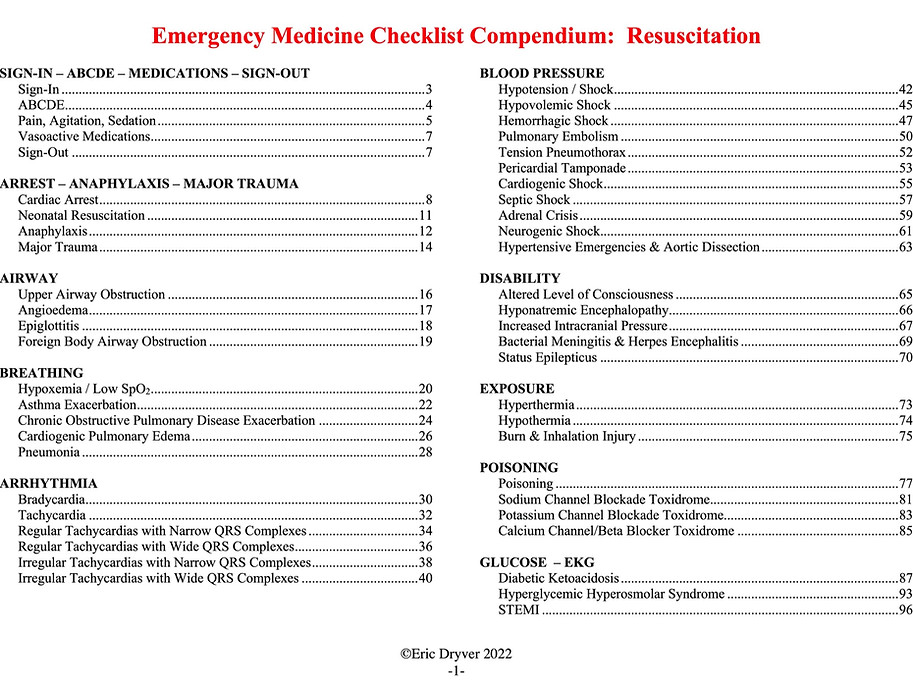Course Structure
-
The standard EMCC course lasts three days, starting at 08:00 on day 1 and ending at 15:00 on day 3
-
The course centers on eleven 90-minute scenario-training modules
-
In addition, the course includes short lectures, demonstrations, and assigned time for question-&-answer and group discussion
Core Modules
-
The standard EMCC course includes 9 core modules: 2 resuscitation stations, 2 differential and diagnosis stations, 2 procedure stations, 1 EKG station, 1 Acid-Base station, 1 Neurology station
-
The remaining 2 modules are at the discretion of the course direction. Options include a third resuscitation station, a third procedure station, an orthopedics station, a station focusing on organization and a station focusing on communication in the setting of a major incident.
Example of an EMCC schedule
Day 1
Day 2
Day 3
Course Participants
-
Residents in Emergency Medicine from Europe and abroad
-
Refresher course for European specialists in Emergency Medicine
Course Instructors
-
Specialists in Emergency Medicine
-
Senior residents in Emergency Medicine
Course Languages
-
The target course language is the working language (language used when working clinically) of the course participants
-
If the instructor and the participants in a group do not share a common working language, the default course language is English
-
Course material is provided in English; some material (e.g. the Sign-In information for the resuscitation cases) is provided in several languages

Venue & Equipment
The course director has full discretion in regard to course venue and equipment. Using advanced simulators for the resuscitation stations is not necessary. Rather, course directors should strive to use the equipment that the course participants use locally.
For the procedure stations, it is not necessary to used sophisticated training models. The use of cheap, locally made models is encouraged. See www.lucem.info / Research & Development / LUCEM projects / In-situ Procedural Training for inspiration. Course directors should strive to use the equipment that the course participants use locally.
Attendance Fees
The EMCC is a nonprofit course. The costs of booking training rooms and equipment vary greatly between countries, and so do the salaries earned by residents and specialists in Emergency Medicine. The ultimate goal of the course is to promote local, regular, simulation-based training in EM. According to the EMCC philosophy, the EMCC should ideally be offered to course participants locally, thereby minimizing the costs for travel and lodging incurred by the course participants. We recommend a mix of local and international instructors, given that the group discussions benefit an international perspective. The course director has full discretion regarding the financial aspects of the course, including how much to charge the course participants and whether the instructors receive remuneration.
Checklist Compendium
All participants receive a spiral-bound checklist compendium that is updated and expanded once yearly. The compendium features:
-
Checklists for the acute management of specific conditions
-
Checklists for information-acquisition and consideration of time-sensitive conditions based on the patient's presenting problem
The checklist compendium is ordered by contacting MediaTryck, Sölvegatan in Lund (+46 46 222 9176, media-tryck@service.lu.se)





